Transtheoretical Model of Change
Am I ready to change?
Pre-Contemplation You have no intention on making any changes. This can be for different reasons:
Contemplation You know there's a problem, but aren't committed to making any changes.
Preparation You know there's a problem, and you are ready to take action in the next month. But, you may feel a little hesitant, almost like you're testing the waters.
Action You have implemented change and are working on making healthy behaviors a new habit. SMART goals are key to make sure you are achieving your goal, and to keep you motivated. Strategies are developed for you to meet your goals and provide you with step-by-step assistance. Goals build on eachother, and SMART goals let you look back over the week and learn from your mistakes and/or build yourself up on your success! "I went to the gym three times this week, just like I said I would." "I packed my lunch almost every day this week. I had a really hectic morning on Monday and forgot..." "I'm really enjoying the Zumba class me and my neighbor go to. I've noticed I'm more excited to go when its with her - and when she cancels I usually skip." Maintenance You have made your action-steps a new habit - something you don't even think about anymore! (Or very often). Perhaps you've even started a new goal. In this stage it's important to stay somewhat focused on that behavior, because you are vulnerable to relapse. If your car is in the shop for a month and you can't get to the gym...what will you do? If you are getting tired of the healthy recipes that lasted you the past 6 months...what will you do? Relapse is when you fall back into your old behaviors (you get busy, so you stop for fast food on the way home from work more...) Relapse happens, and its OK if you learn from it and keep pushing on! Key steps are to in this phase are to:
Think of a behavior you want to change - or have changed. What stage are you in now? How did you start thinking about it? If there's nothing like that going on in your life right now, what could you change? Read on to find out what to do with that "stage of change"! How can I make long-term changes?
How did this information impact you? Check-in and leave a comment. - Bailey References:
(1) Prochaska JO, DiClemente CC. Transtheoretical therapy: Toward a more integrative model of change. Psychotherapy: Theory, Research and Practice. 1982; 19:3, 276-288.
0 Comments
Your comment will be posted after it is approved.
Leave a Reply. |
a blog about health, wellness, nutrition, and fitness from an epidemiologist / dietitian with personal trainer experience
Stay up to date on productivity tips and active learning techniques
Like what you read?
categories
All
|
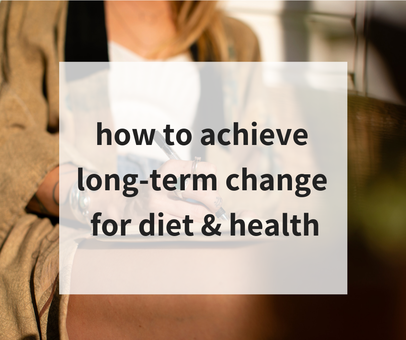
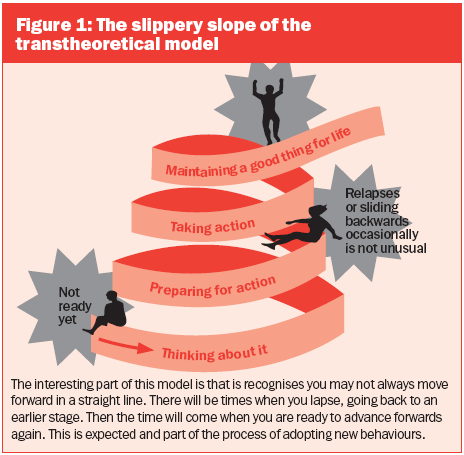
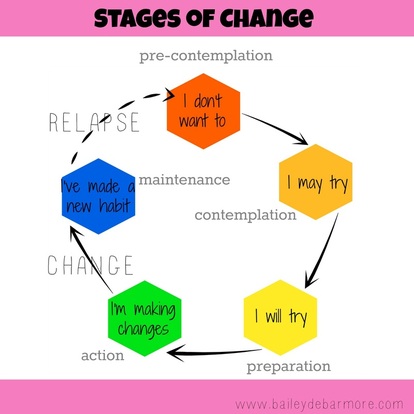
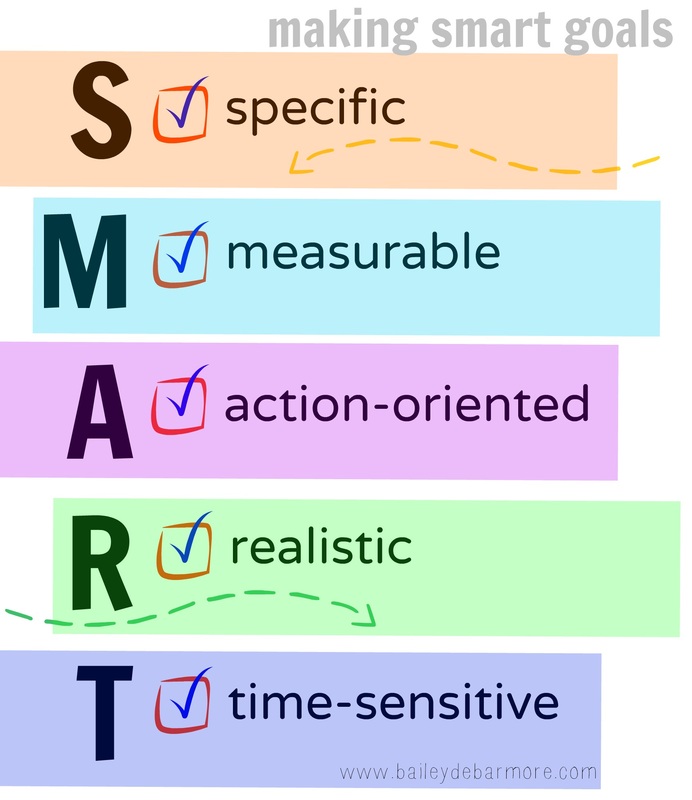
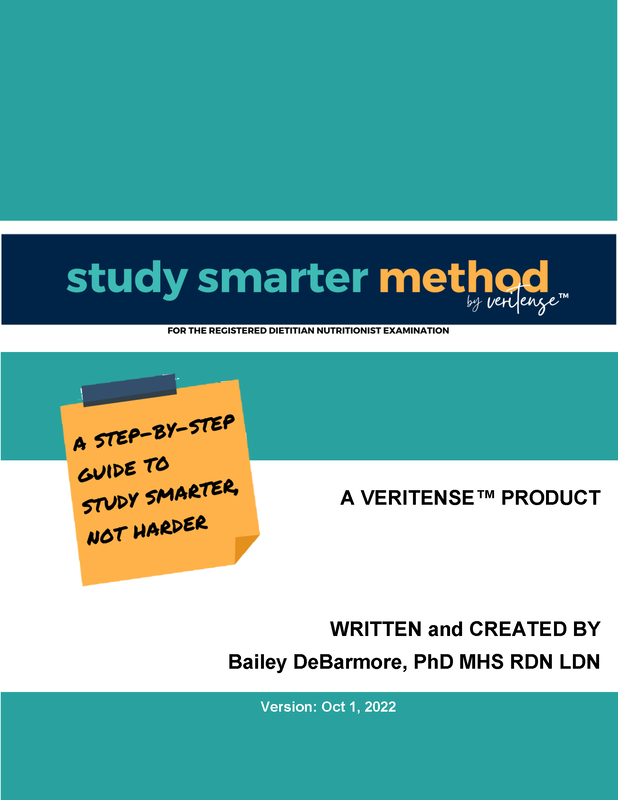

_250px.png)



 RSS Feed
RSS Feed
